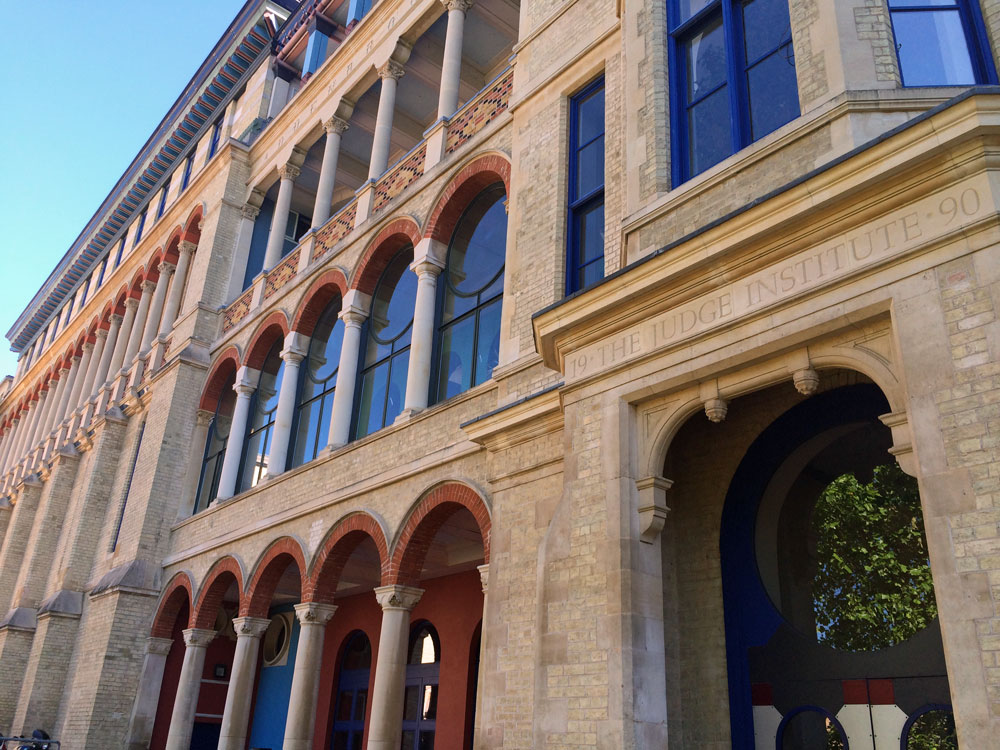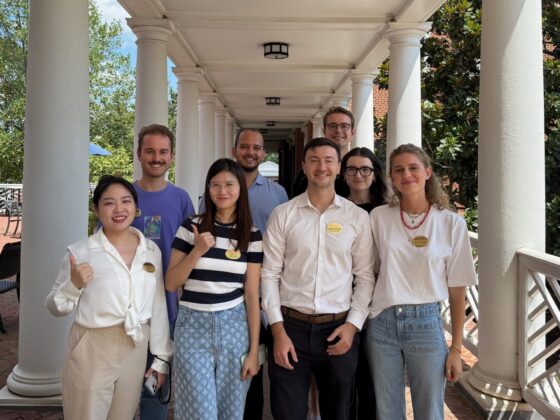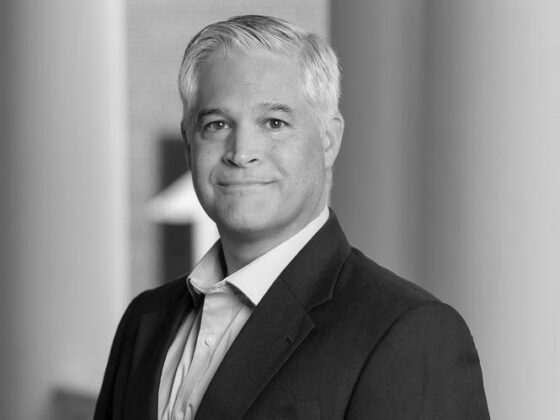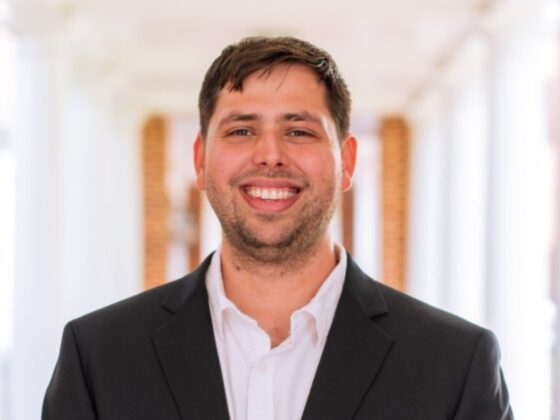By Sheela Linstrum
Over the course of two days, scholars from all over the world gathered in Cambridge, England, to share and discuss cutting edge research at the 6th Annual Entrepreneurship and Innovation Research Conference. The event was co-sponsored by Darden’s Batten Institute for Entrepreneurship and Innovation and the University of Cambridge Judge Business School.
This conference highlights the global value and appreciation of entrepreneurship and innovation in the diversity of its participants. Approximately 60 scholars flew in from a wide range of countries: United States, Chile, Singapore, Russia, and many countries in between. Despite varying degrees of jet lag, participants engaged one another in great conversations throughout the event.
This year’s conference focused on research from a variety of angles. Scholars, such as Stephen Zhang and Nicolás Odeh from Pontifical Catholic University of Chile, shared their examination of individual behavior as it relates to innovation, studying how young entrepreneurs navigate and make decisions in uncertainty. Others, such as Susan Cohen, Assistant Professor at the University of Richmond, discussed innovation through an organizational lens. Cohen’s research questions whether accelerators support innovation and advance entrepreneurial ventures by evaluating the learning and success of individuals who participated in a competitive accelerator program. Alex Whalley, a doctoral candidate at the University of California Merced, took a historical approach to examining innovation. Whalley presented research on the relationship between the amount of innovation in a given period and its physical proximity to research hubs (e.g. Silicon Valley).
The conference format showcased how academia nurtures intellectual innovation. Immediately following each researcher’s presentation, a discussant, who had read the paper in detail, shared his/her feedback on the research. The discussants primarily consisted of leading scholars from the Judge School and Darden such as: Christoph Loch, Director of Cambridge Judge Business School; Mike Lenox, Samuel L. Slover Research Professor of Business at Darden, Associate Dean for Innovation Programs, and Academic Director of the Batten Institute for Entrepreneurship and Innovation; Sucheta Nadkarni, Sinyi Professor of Chinese Management at the Cambridge Judge School of Business; and Jeremy Hutchison-Krupat, Darden Assistant Professor of Business Administration. Discussants did not hold their punches– they offered candid feedback as they questioned research methods, findings and conclusions, and the contribution of the research to the field more broadly. Yet the tone remained collaborative, with each discussant conveying a genuine interest in helping presenters improve their research.
In addition to research, the conference hosted a panel of local entrepreneurs from the Accelerate Cambridge program and a keynote speaker from XO1, a successful biotech company. The four panelists shared anecdotes of sleepless nights and fears of failure which served as an important reminder of the practical applications of the research that preceded their panel. While their organizational and personal challenges were varied, their reflections centered on a few common themes: managing team dynamics, financing operations, connecting with clients or customers, and doing all this within the confines of the 24 hour day.
The keynote speaker, Richard Mason, offered a different perspective as he already developed his enterprise, which he recently sold to Johnson & Johnson. Building on his extensive background in the pharmaceutical industry, Mason reflected on his (and his collaborators’) experience with XO1. He shared anecdotes about the serendipitous discovery of the drug, their process, the goals and challenges in managing the enterprise, and the opportunity costs of progress.
On top of the formal programming, conference organizers created several informal opportunities for participants to engage with each other and their surroundings. At the end of the first day, conference participants – professors, graduate students, researchers, and practitioners – reconvened in the gardens of Emmanuel College where they enjoyed a beautiful outdoor reception followed by a traditional Cambridge college dining experience.





